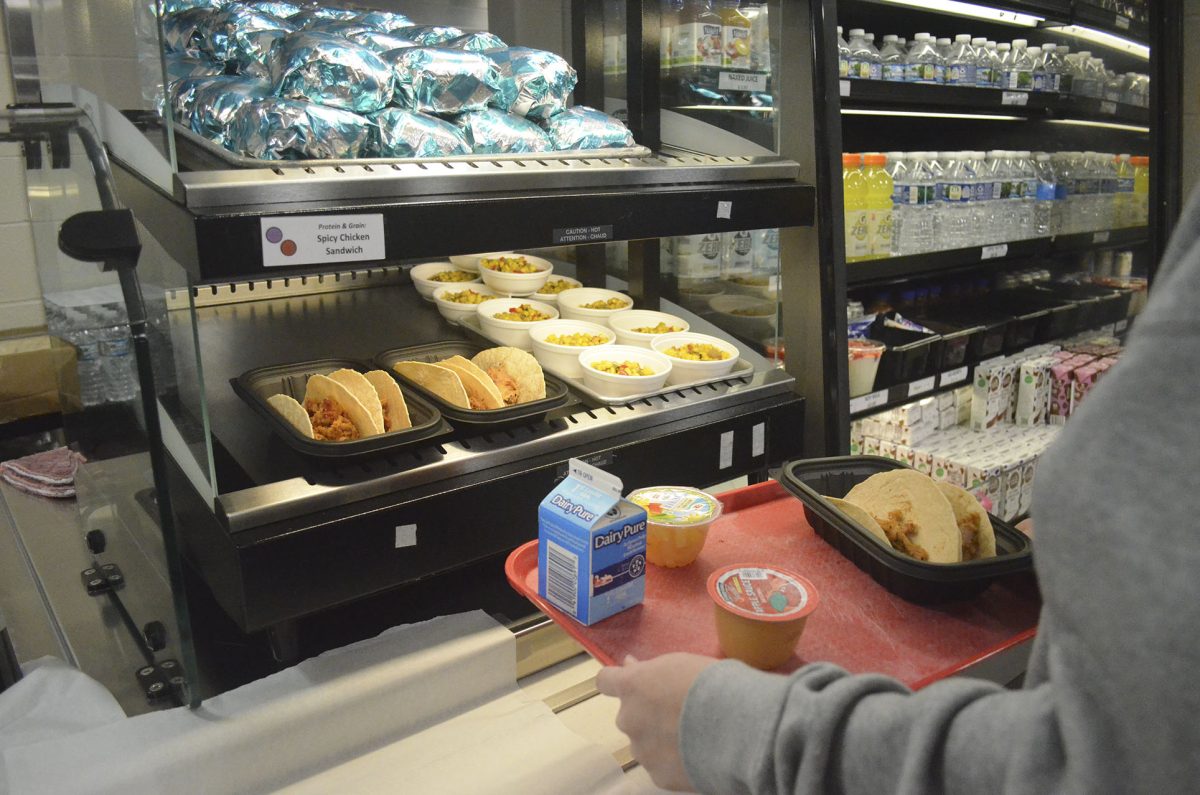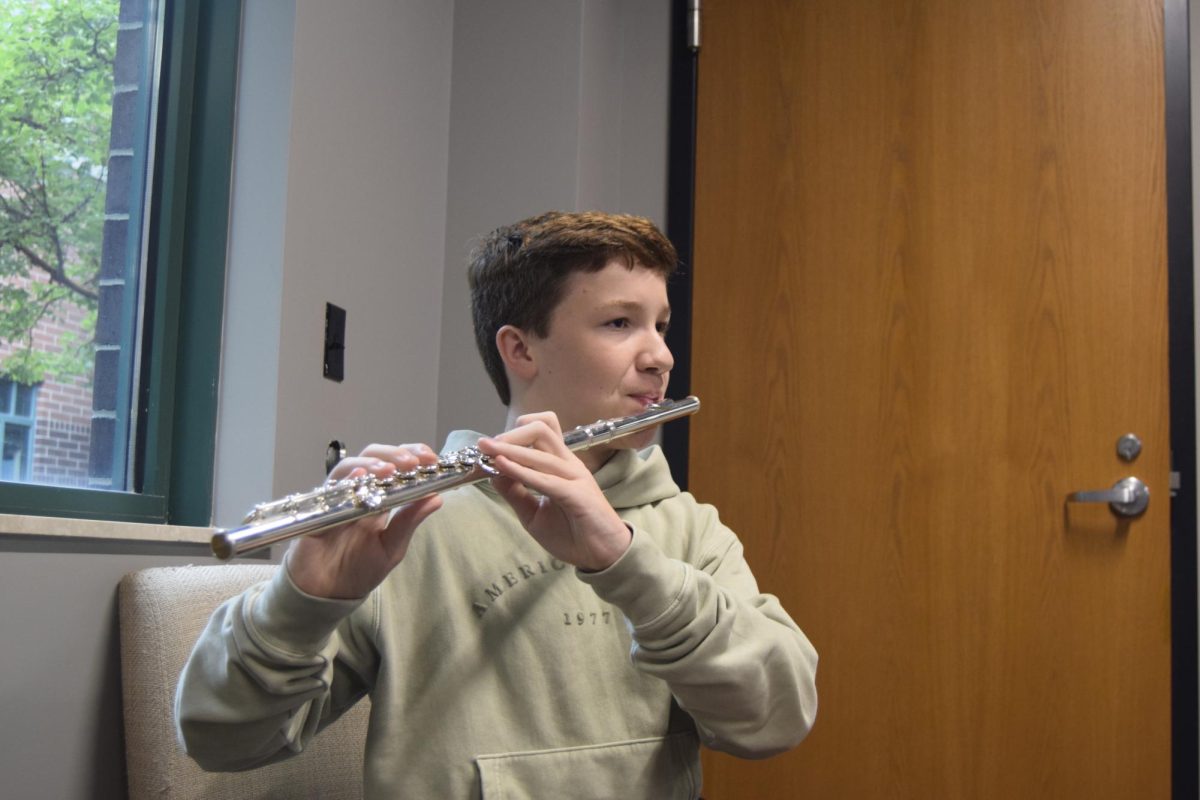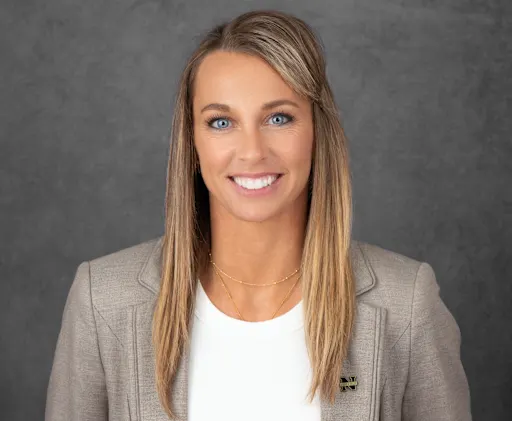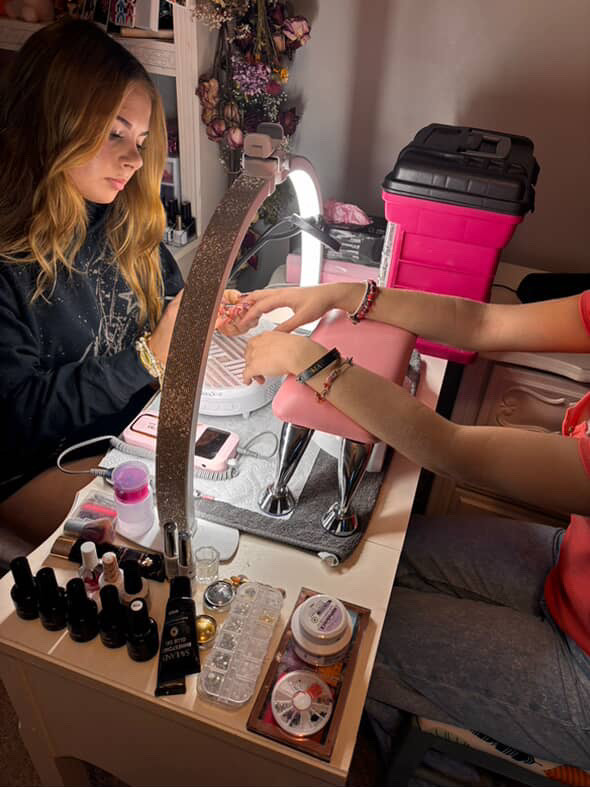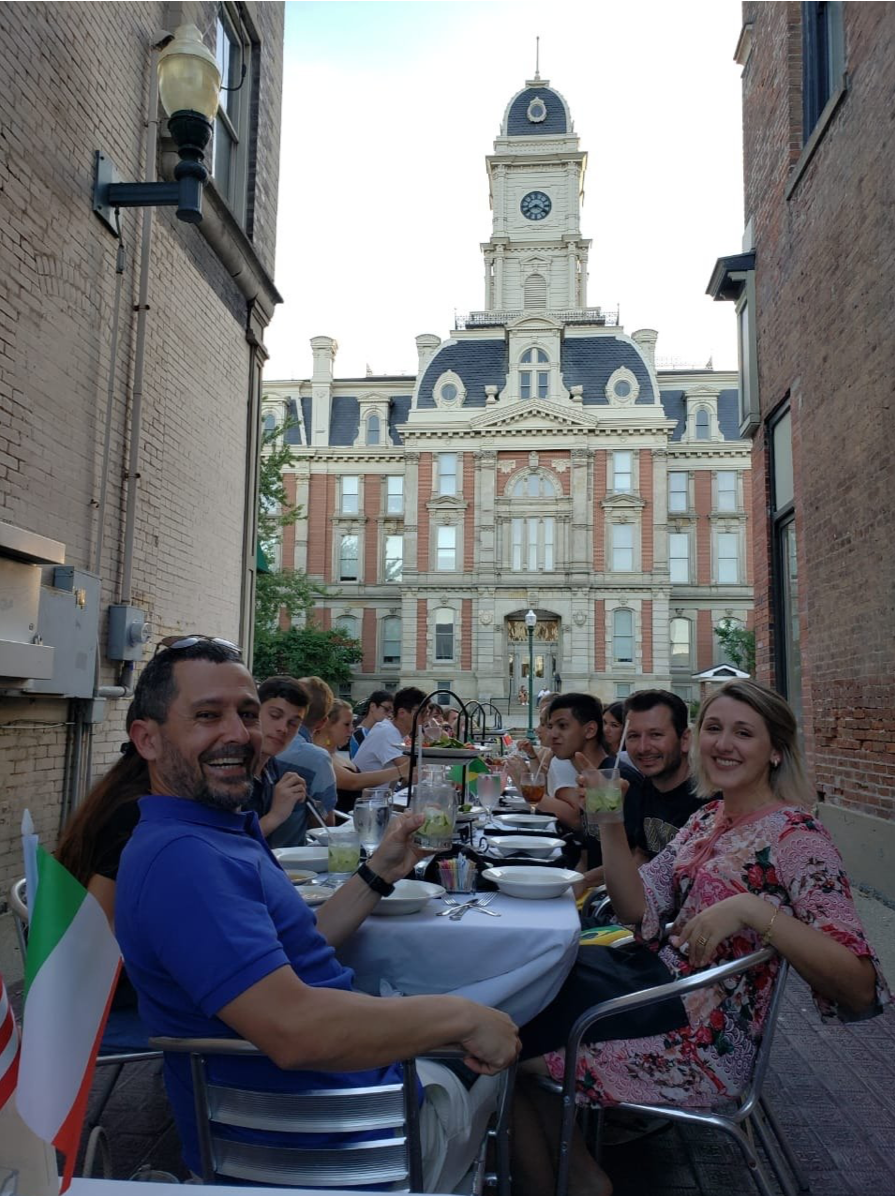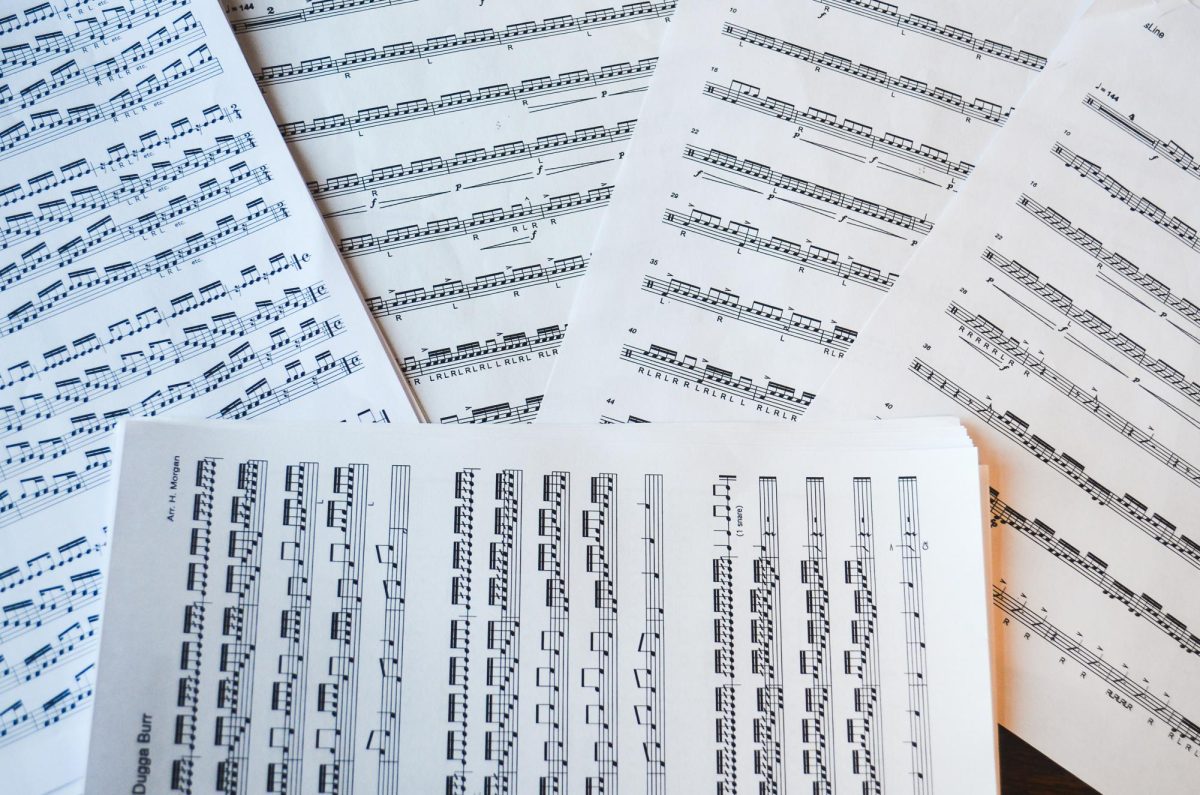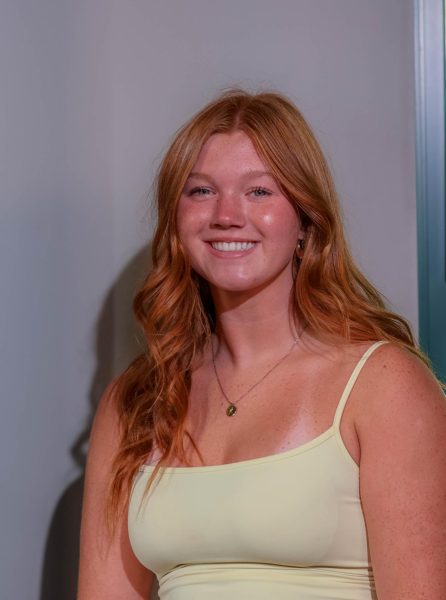Block 5 comes to an end and junior Henry Fruehman leaves his class. Many of them head to a line serving the main hot lunch of the day. Fruehman walks by. It’s pulled pork sliders today. The next line serves cheeseburgers. Again, Fruehman passes by. After two more unsuccessful lines, Fruehman sits down with a peanut butter and jelly sandwich for the 4th time this week.
Because Fruehman is Jewish, he subscribes to the laws of kashrut, the dietary restrictions of his religion. No pork. No shelled fish. No meat and dairy together. Some may not be familiar with these rules, but to Jewish students like Fruehman, it’s a day to day battle fought each day in the cafeteria.
“Almost every day, there’s one or two different meals I can’t eat. There are other options, but some days they’re very limited,” Fruehman said.
However, the problem isn’t limited to only students who are Jewish, as the U.S. Census estimates up to 40% of Americans follow a religion with some type of dietary restriction. Muslim, Catholic, and Jewish students can all find their meal options restricted in different ways. This can create problems for people like Kari Rootes, the NHS cafeteria manager. However, because of the efforts of Rootes and her staff, the school does make an effort to offer something to accommodate everyone. This is something Rootes, in her first year as cafeteria manager, says she is proud to say about her cafeteria.
“I oversee all the ordering, student accounts, everything that goes on at the high school as far as food service,” Rootes said, “I personally have not had any complaints from a parent saying that my kids are supposed to have x, y, z and you’re not offering it,” Rootes said.
According to the United States Department of Agriculture’s (USDA) Food and Nutritions Services, federal law allows for freedom of religious practice in cafeterias. However, the USDA does not require schools to provide alternatives for religious restrictions. Instead the agency delegates to states the ability to enforce these accommodations amongst themselves, stating “Individual facilities have the discretion to select one of the approved accommodations. State agencies have the jurisdiction to enforce the requirements of these alternatives.”
Rootes says that while serving a school of 4,000 students is a challenge, her staff works to find ways to help students beyond just what the laws require.
“I don’t believe we are required to accommodate, I think we just choose to as a school district,” Rootes said.
A common issue faced during mealtime by people who adhere to the jewish laws of kashrut or the islamic laws of halal. However, while the school offers alternatives, some students say these restrictions limit their options forcing them to pick from these limited options or bring a lunch of their own from home. Adam Mhedbi, a Junior who is Muslim, says these restrictions have been a problem he’s always had to deal with.
“Even back in elementary [school], I had to get off brand Lunchables and fruit snacks that were halal,” Mhedbi said.
Gelatin is an ingredient used in a wide variety of snacks and is forbidden by the laws of kashrut and halal. As an ingredient gelatin has been a common thorn in the side of those dealing with religious restrictions.
“Gelatin is one of the big ones since it’s in everything. Gummies, marshmallows, sodas, and tons of other candies,” Mhedbi said
Rootes explains that NHS makes sure to provide alternate options when serving pork or other foods that are commonly off limits in some religious practices, however many students like Fruehman believe these alternatives are often no better than the meal they’re replacing.
“A lot time when they’re serving pork tacos or something [like that], they also have cheeseburgers or pepperoni pizza or something else that has meat and dairy, which I can’t eat,” Fruehman said.
Mhedbi agrees that a lack of available options in the lunch lines is an issue for him. And he doesn’t know if that will change anytime soon.
“I don’t think people know or care enough to do anything,” Mhedbi said, “It probably doesn’t affect them so who knows if it’ll change.”



